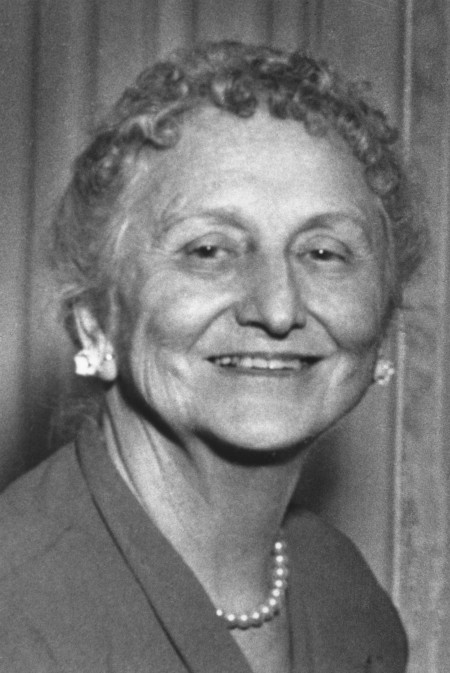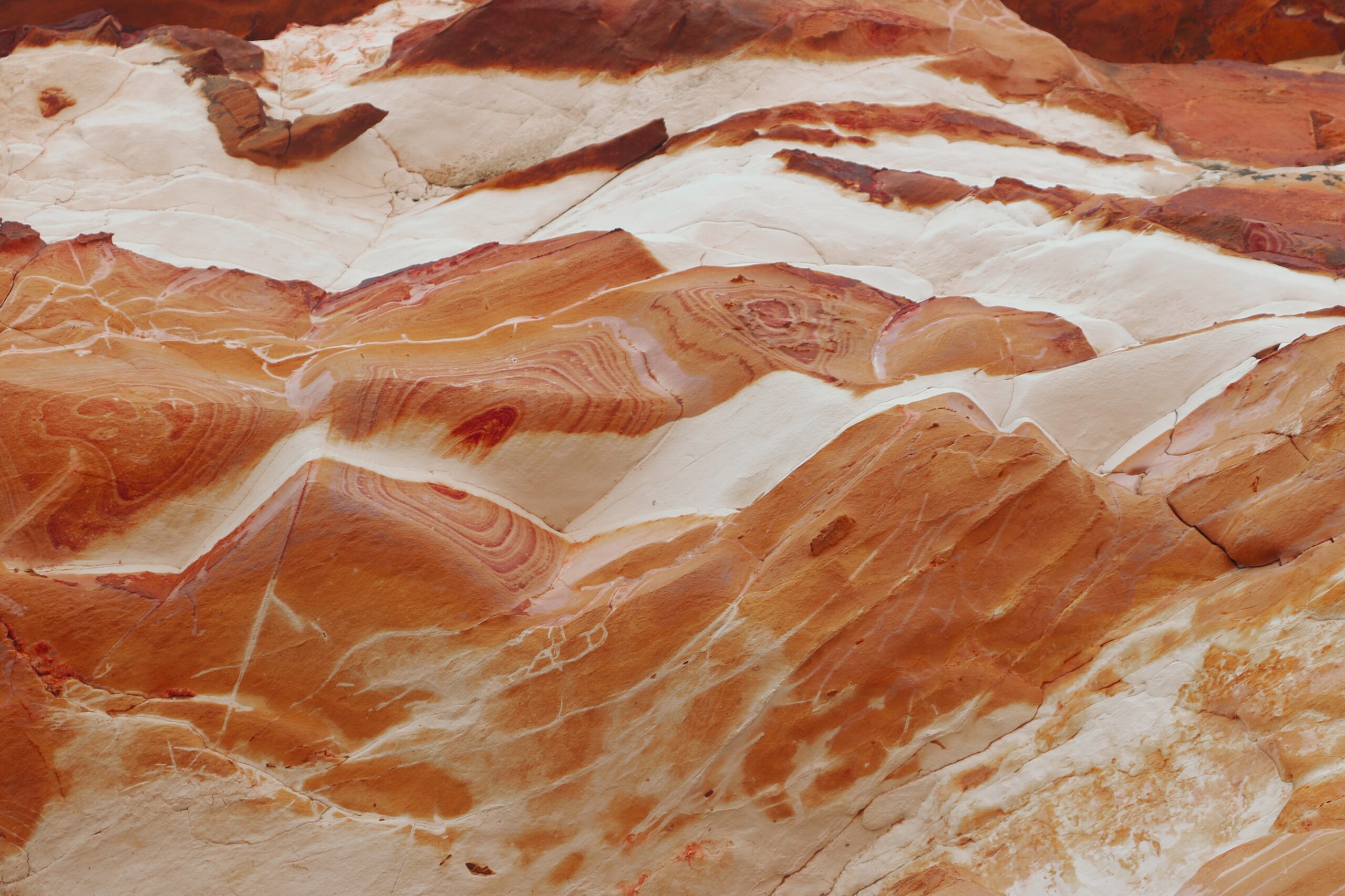Highlighting Australia
- As a proudly Australian initiative, we’re excited to showcase a collection of Australian stories, music, tributes and more.

Join activities, celebrations, study groups, spiritual empowerment and education programs for young people, and more.
Baha’i beliefs address essential spiritual themes for humanity’s collective and individual advancement. Learn more about these and more.


In this article, I’d like to share a little of what I’ve learned about Hand of the Cause of God Agnes Alexander from when she first heard about the Baha’i Faith, to her efforts to deepen herself in its teachings, to how she established a Baha’i community in Japan. I’d like to share some lessons I’ve learned from her life.
Agnes was born in Hawaii in 1875. Her parents were Christian missionaries who moved to Hawaii from the mainland United States. Although her family was not wealthy, she was able to travel and studied at Berkeley in the United States in the 1890s.
In 1900 Agnes visited Europe and while staying with an aunt in Rome she met an American Baha’i, Charlotte Dixon, who had recently been on a pilgrimage to the Holy Land. She gave Agnes a prayer, but did not actually mention the Baha’i Faith, as many Baha’is in those days did not feel comfortable talking about the Baha’i Faith without knowing if someone was genuinely interested. After having a spiritual dream Agnes asked her for more information, and after discussing it together, she came to believe in the teachings and principles of the Baha’i Faith. As was the custom at the time, she sent a letter to Abdu’l-Baha to declare her belief and received a Tablet in reply which encouraged her to establish the Baha’i Faith in Hawaii. Here is an excerpt:
Be, therefore a divine bird, proceed to thy native country, spread the wings of sanctity over those spots and sing and chant and celebrate the name of thy Lord, that thou mayest gladden the Supreme Concourse and make the seeking souls hasten unto thee as moths hasten to the lamp and thus illumine that distant country by the Light of God.1
Dixon told her to be cautious in sharing her new faith, but Agnes was inspired to share it regardless. After speaking about Abdu’l-Baha to a church minister in Rome she found she did not have the necessary knowledge to be an effective teacher. She therefore resolved to deepen her understanding. Abdu’l-Baha counsels us:
The principles of the Teachings of Baha’u’llah should be carefully studied, one by one, until they are realized and understood by mind and heart—so will you become strong followers of the light, truly spiritual, heavenly soldiers of God, acquiring and spreading the true civilization in Persia, in Europe, and in the whole world.2
And in Shoghi Effendi’s words:
To strive to obtain a more adequate understanding of the significance of Baha’u’llah’s stupendous Revelation must, it is my unalterable conviction, remain the first obligation and the object of the constant endeavor of each one of its loyal adherents. An exact and thorough comprehension of so vast a system, so sublime a revelation, so sacred a trust, is for obvious reasons beyond the reach and ken of our finite minds. We can, however, and it is our bounden duty to seek to derive fresh inspiration and added sustenance as we labor for the propagation of His Faith through a clearer apprehension of the truths it enshrines and the principles on which it is based.3
These counsels are found in many places in the Baha’i Writings and Agnes took them to heart. Dixon had given Agnes the address of May Maxwell in Paris and so she traveled and stayed with the Maxwells in early 1901 to deepen her knowledge of the Baha’i Faith. She even had the fortune to learn from the Persian scholar Mirza Abu’l-Fadl as he visited Paris on his way to America. She wrote the following regarding Fadl:
Frail in appearance and small of stature, he was the most gentle and humble person I have ever met.4
Agnes went from Paris to America where she stayed at Green Acre for two months, further deepening her knowledge before returning home as the first Baha’i in Hawaii in late 1901. Through her efforts there was soon a small group of Baha’is in Honolulu, an experience of victory, but this was followed by an experience of crisis, at least on a personal level. In 1909 her father allowed two visiting Baha’is to give an address at his home, and this received press coverage, which unfortunately prompted her father to write an article opposing the Baha’i Faith in the press.
In 1913 Agnes’s parents passed away, and she travelled to Montreal, Canada, to stay with May Maxwell, and while there Abdu’l-Baha sent her a Tablet asking her to pioneer to Japan. She began the journey in 1914 and the onset World War I made the journey perilous, but nevertheless, she made it to Japan opening a new period in her service to the Baha’i Faith.
She started discussion groups in Japan, with a translator assisting her in communicating with the Japanese participants, and in 1915 Kikutaro Fukuta became the first Baha’i in Japan, and in 1917 Yuri Mochizuki, a youth studying journalism, became the first Baha’i woman to declare in Japan. In 1920 Mochizuki assisted Agnes in establishing the Baha’i magazine Star of the East. Her work in Japan was so remarkable that she is mentioned by name by Abdu’l-Baha in His Tablets of the Divine Plan:
Consider ye, that Miss Agnes Alexander, the daughter of the Kingdom, the beloved maidservant of the Blessed Perfection, traveled alone to the Hawaiian Islands, to the Island of Honolulu, and now she is gaining spiritual victories in Japan! Reflect ye how this daughter was confirmed in the Hawaiian Islands. She became the cause of the guidance of a gathering of people.
She remained in Japan for most of her life, apart from travelling to teach in other Asian countries and when she was prevented from returning there because of World War II. After two years of being hospitalized in Tokyo in her advanced age, she returned to her birthplace, Hawaii. She was appointed as an Auxiliary Board member in 1954 when the Institution was established, and as a Hand of the Cause of God in 1957.
Brevity prevents me from exploring the services rendered throughout her entire life, but I believe we can draw two lessons what the little I’ve shared: A) Recognising an obstacle to our service, in Agnes’s case a lack of deepened knowledge, and taking action to address it rather than ignoring it, or allowing it to prevent us from serving. B) Recognising what is not actually an obstacle to service. There were many things which Agnes could have thought of as preventing her from moving to Japan: she was not fluent in Japanese, she was a single woman in the 1910s, and one of the biggest armed conflicts in history was beginning. But she did not allow these to deter her.
Both of these things, recognising and addressing real obstacles, and overcoming what is not a real obstacle, are things we can apply to both our service as a Baha’i, and to other endeavours in our life.
References
Alexander, Agnes: 70 years of service, by Duane Troxel. Published in Baha’i News, 1983. Retrieved from: https://bahai-library.com/troxel_alexander_70-years_service&chapter=all
Traces That Remain: A Pictorial History of the Early Days of the Baha’i Faith among the Japanese, by Barbara R. Sims. Chapter 6. Retrieved from: http://www.bahai-library.com/east-asia/traces/5-12.html
Obituary published in Baha’i World, Vol. 15, pp 423-430
"*" indicates required fields

We recognise their continuing connection to land, waters and community. We pay our respects to Aboriginal and Torres Strait Islander people and their cultures; and to elders both past and present.
The views expressed in our content reflect individual perspectives and do not represent authoritative views of the Baha’i Faith.

Visit the site of the
Australian Baha’i Community
and the Baha’i Faith Worldwide
Notifications
Thank you for this interesting article, which sheds inspiration.
Claudia Gold (January 1, 2021 at 5:44 AM)
A biography, by Duane Troxel and Earl Redman, was due to be published by George Ronald last year but had to be delayed due to Covid-19. We hope to publish in 2021.
May Hofman (January 1, 2021 at 7:47 AM)
That’s wonderful to know! Thanks for sharing that, May!
Sonjel Vreeland (January 1, 2021 at 10:02 PM)
A wonderful tribute to a wonder- full servant. Great lessons shared. Thank you.
Rox (January 1, 2021 at 9:45 PM)